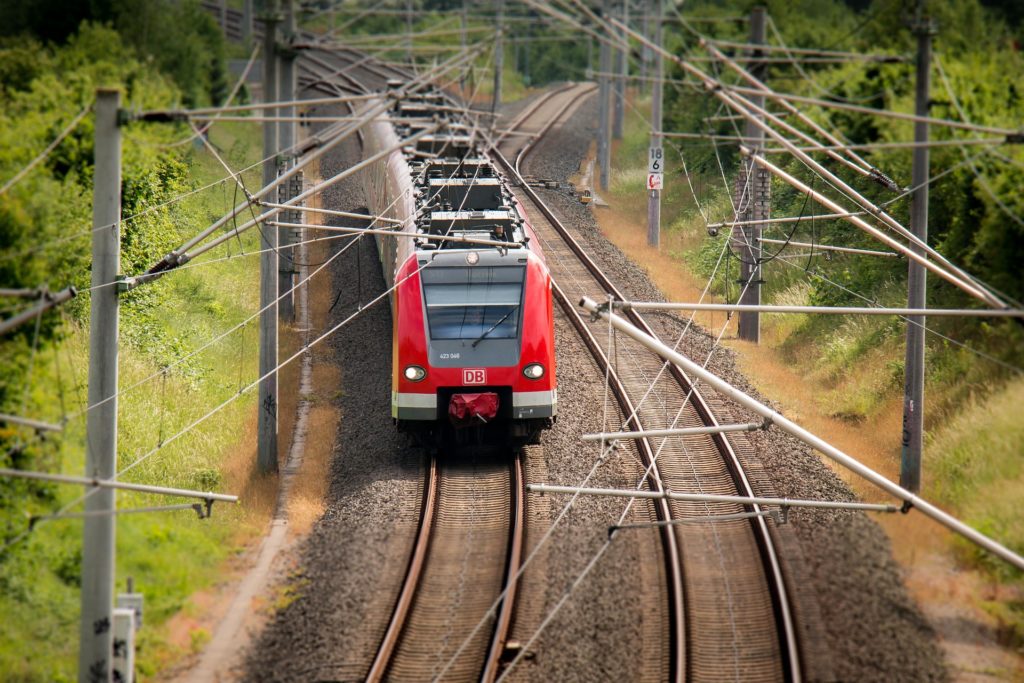TASHKENT
Experts from Uzbekistan, Kazakhstan, Russia and Pakistan have started talks with the Taliban government in Afghanistan to study the options of the implementation of a Trans-Afghan railway project that will link Uzbekistan with Pakistan’s seaports.
Uzbek officials held trilateral meetings in Tashkent with the representatives of Afghanistan and Pakistan, as well as multilateral negotiations with officials from Russia and Kazakhstan to discuss the construction of the Termez-Mazar-i-Sharif-Kabul-Peshawar railway line, Uzbekistan’s state-owned railway company said.
“Following the meetings, the parties agreed to study the options for the railway line on the spot in the near future, hold regular meetings of working groups and involve international financial institutions in the project after the development of a preliminary feasibility study,” the company said.
Uzbekistan, a double-landlocked country with almost 35 million people, has been actively promoting the South and Central Asia rail link that will go through its war-torn neighbour Afghanistan, giving it access to the ports of Karachi, Gwadar and Qasim.
The rail line, described as a project of the century in Uzbekistan, was initiated by President Shavkat Mirziyoyev before the Taliban movement came to power.
In February this year, Uzbekistan, Pakistan and Afghanistan signed a road map for the construction of the rail link, connecting Central Asia with ports on the Arabian Sea. The three countries agreed to conduct a preliminary feasibility study for the project, survey the route and its terrain and examine possible finance mechanisms.
Last month, the interim government of the Taliban in Afghanistan assured Uzbekistan it would fulfil obligations under joint energy and transport projects, in particular, the construction of the Trans-Afghan railway.
When constructed, the 600-km project will open the closest and most efficient corridor for Uzbekistan, where railway tariffs are among the highest in the world, according to experts.
Experts say that the construction of the Trans-Afghan railway line will significantly reduce the time and costs of freight transport goods between the countries of South Asia and Europe through Central Asia. It’s estimated to reduce the time and cost of transporting goods along the North-South corridor by 30 percent.

